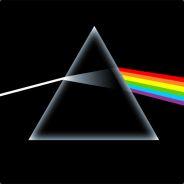Hi, I saw that the post about TI-84 Plus programming has been closed, so I'm starting a new one here. First of all, I would like to recommend TI-BASIC to anyone who has a TI-Calculator that suppords it and who wants to learn programming. For me, it has really been a great way to enter the world of programming (after having learned TI-BASIC, I started learning PHP which I feel that I'm now beginning to master rather well). If you are new to TI-BASIC, I recommend reading the manual that came with your calculator (don't have the manual? It's probably available for download from the TI website). Looking at code written by others and experimenting with it is another great way to learn the language.
I'm now intending to learn Z80 ASM to make games for my calculator. Do you have any comments, questions or tips? Post 'em here for your fellow (and coming) TI-Programmers to read ![]()







